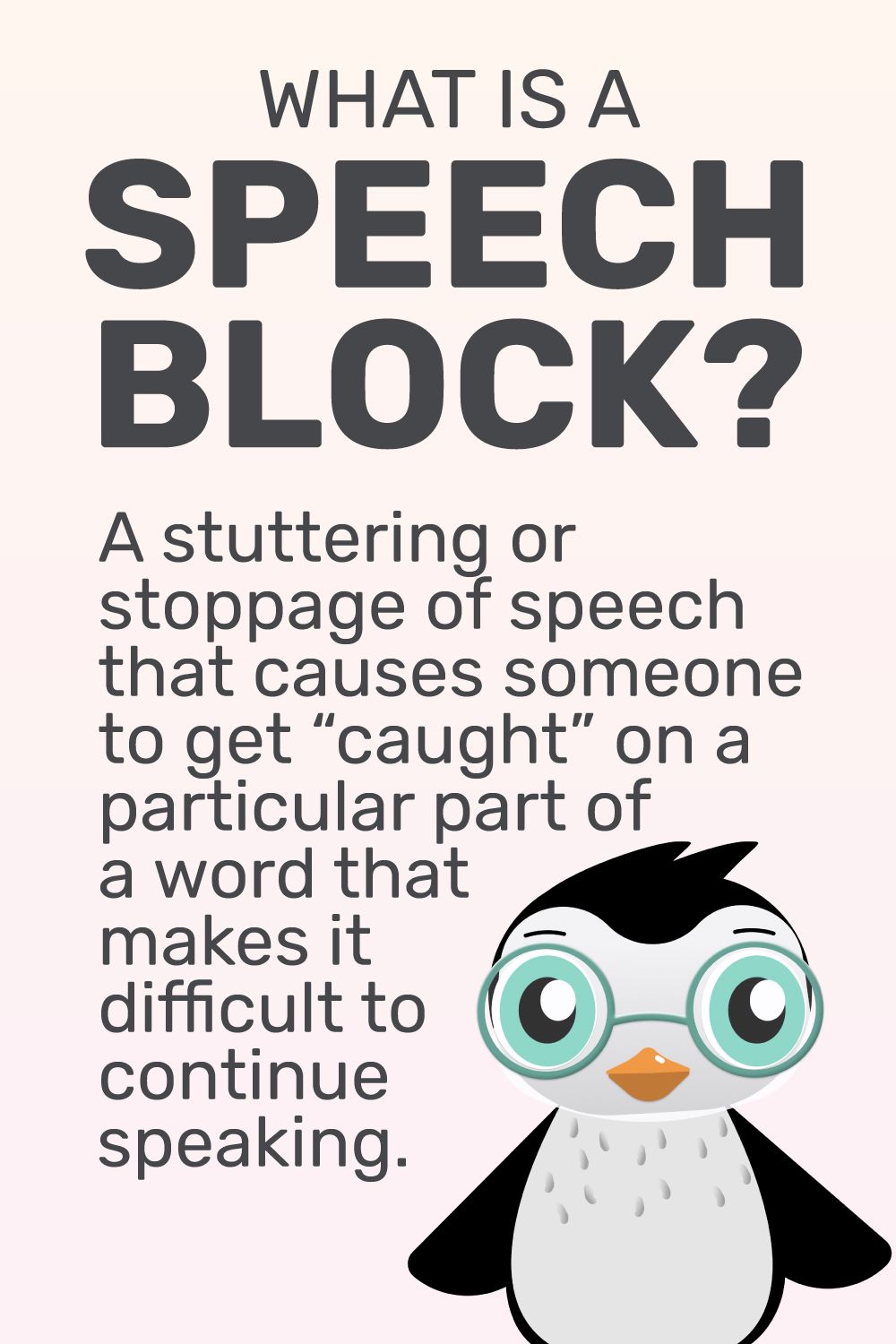When it comes to articulation disorders, recognizing the symptoms is crucial for early intervention. Here are some common signs to watch out for:
- Difficulty pronouncing certain sounds or words.
- Substituting one sound for another (e.g., saying “wabbit” instead of “rabbit”).
- Omitting or skipping sounds in words.
- Distorting sounds, making them unclear or garbled.
- Struggling to be understood by others.
- Frustration or reluctance to communicate due to difficulties.
By being aware of these symptoms, parents can identify potential articulation disorders in their children and seek appropriate support and therapy. Goally, a tablet tool, provides apps for kids with articulation disorders. These apps include digital visual schedules, AAC, gamified learning, emotional regulation, executive functioning skills, and social skills training videos, helping children build language skills and improve communication abilities.
Editor’s note: This information is not meant to diagnose or treat and should not take the place of personal consultation, as needed, with a qualified healthcare provider and/or BCBA.
This post was originally published on March 30, 2023. It was updated on July 14, 2023.










